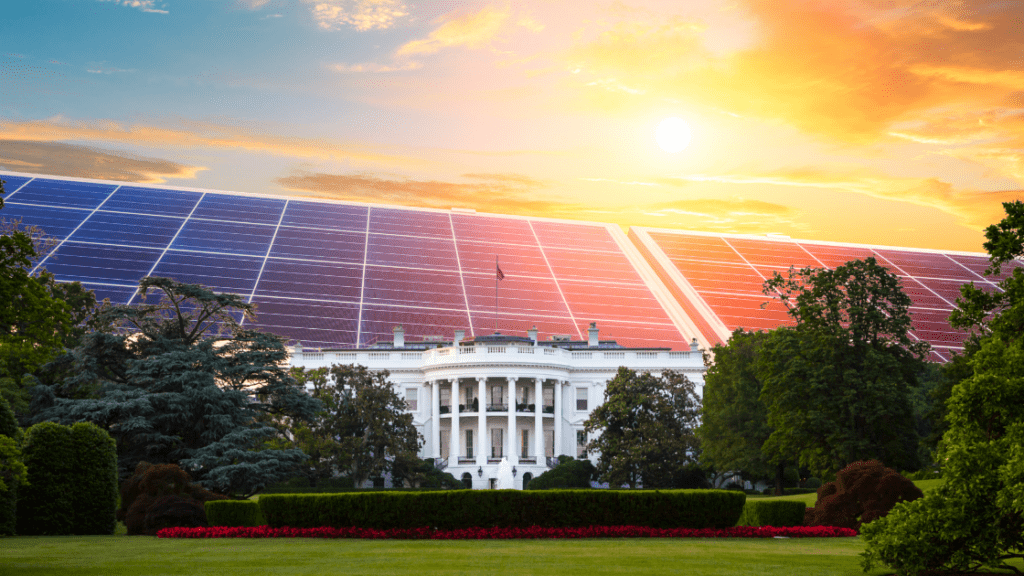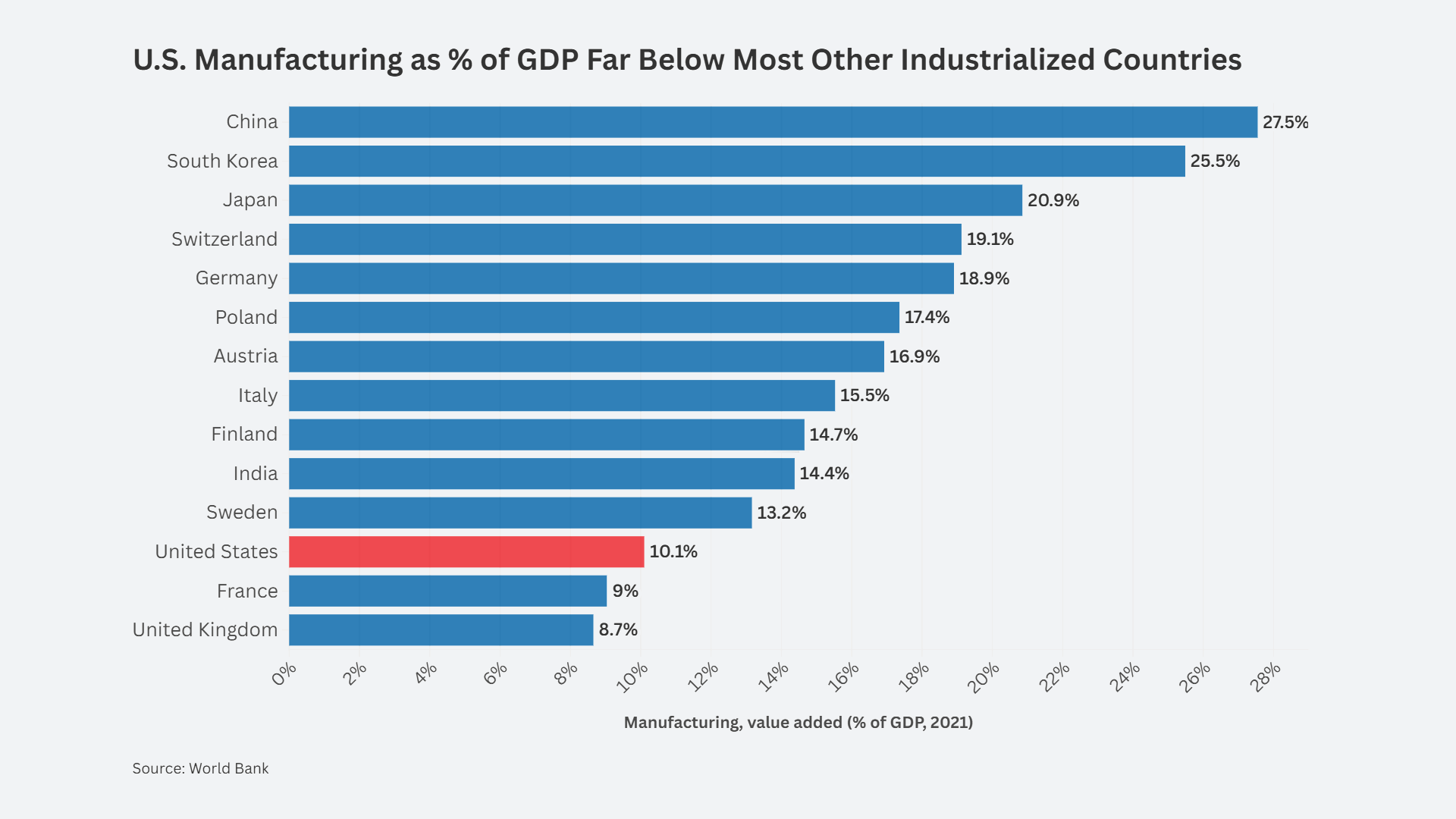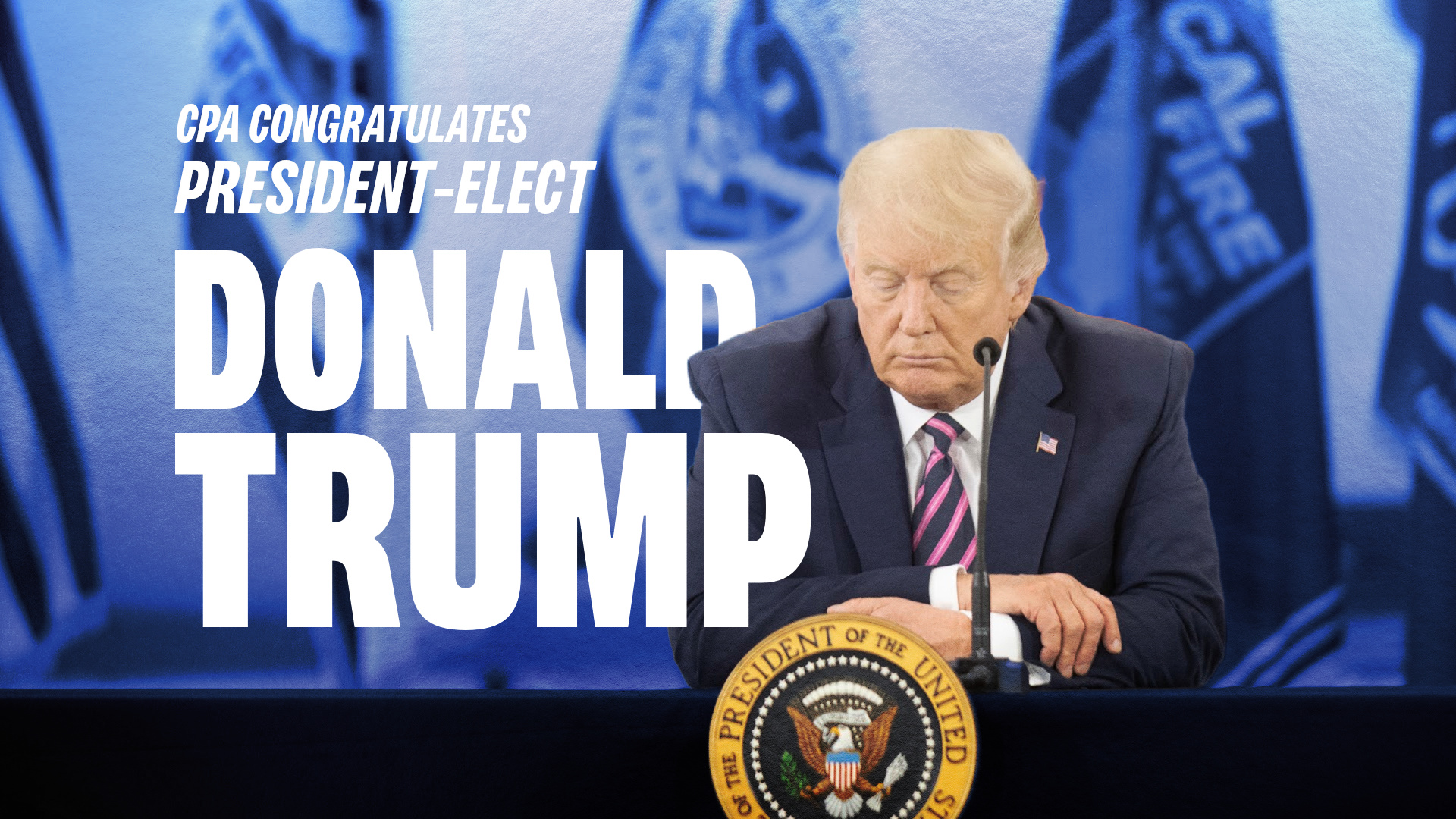If the White House wants domestic solar producers to ramp up production of solar cells, modules, and a comprehensive reshoring of the entire solar supply chain, the ongoing boom of solar imports from Southeast Asia is doing Washington no favors.
Solar panel imports rose in the first quarter of the year thanks to the White House’s two year moratorium on tariffs, issued last June. Solar panel imports rose to 850,157 metric tons shipped to the U.S. in the first quarter, up from 672,863 metric tons shipped in the fourth quarter, according to analysis by S&P Global Market Intelligence.
The Biden administration’s Solar Emergency Declaration, in effect until June 2024, protects Chinese solar manufacturers even though the U.S. Commerce Department recently determined, after an in-depth investigation, that they are illegally evading tariffs. Biden administration said that it would put a pause on any tariffs imposed on Southeast Asian solar exporters – all of them Chinese multinationals – that were under investigation for breaking U.S. trade laws. At least four companies, including BYD Solar, which is part of the BYD automotive family in which Warren Buffet is an investor, were found to be circumventing tariffs by the Commerce Department last year in a preliminary determination. A final ruling is expected by the summer. But even if Commerce sticks with their call that four Chinese companies are in breach of tariff rules, they would not be required to pay tariffs thanks to the White House solar emergency declaration of 2022.
Commerce said that Chinese solar manufacturers Trina Solar, Longi Green Energy Technology and Canadian Solar (which manufacturers solely in Asia) were all circumventing duties along with BYD Solar.
S&P Global Market Intelligence found that Vietnam accounted for 30.4% of solar shipments to the U.S., followed by Thailand, Malaysia and Cambodia. Together, the four Southeast Asian nations accounted for 79.3% of all solar module imports in the first quarter.
The foursome have become outposts of Chinese multinational solar producers for years, due to anti-dumping and circumventing duties imposed on mainland Chinese companies going back to 2012. And the Section 201 solar safeguards imposed by both the Trump administration and renewed by the Biden administration.
The findings by the S&P business intelligence unit are important. They undermine claims by the solar importers – most of them all large utility companies or solar installation companies – that the moratorium was necessary for the U.S. to deploy solar nationwide. This claim has been consistently used by the importers, a claim that has made it harder for U.S. firms to ramp up production as their main buyers are all looking to Asia for lower prices.
Earlier this month, both the House and Senate voted to overrule the White House’s solar emergency declaration. President Biden said he would veto it, and did just that on May 16. He said that the Inflation Reduction Act is increasing investment in domestic solar, which is true. And that he would not extend the moratorium when it expires in June 2024.
“I do not intend to extend the tariff suspension at the conclusion of the 2-year period in June 2024,” the President wrote in his letter explaining the veto.
“The Department of Commerce investigation determined that China is illegally violating U.S. trade law and avoiding tariffs. President Biden’s veto undermines the legislative intent of the Inflation Reduction Act to reshore the domestic solar manufacturing industry,” CPA’s CEO Michael Stumo said in a press release.
A poll of likely voters, conducted by Morning Consult for the Coalition for a Prosperous America (CPA), shows 80% of likely voters, including 76% of Democrats and 77% of Independents, think the Biden solar emergency helps Chinese companies breaking U.S. trade laws. Additionally, a significant majority (62%) of likely voters, including 61% of Democrats and 55% of Independents, supported the House and Senate votes to remove the solar emergency declaration.
Meanwhile, just as the U.S. is investing more in solar domestically, so are Chinese companies investing in expanding their supply chain dominance throughout Southeast Asia.













